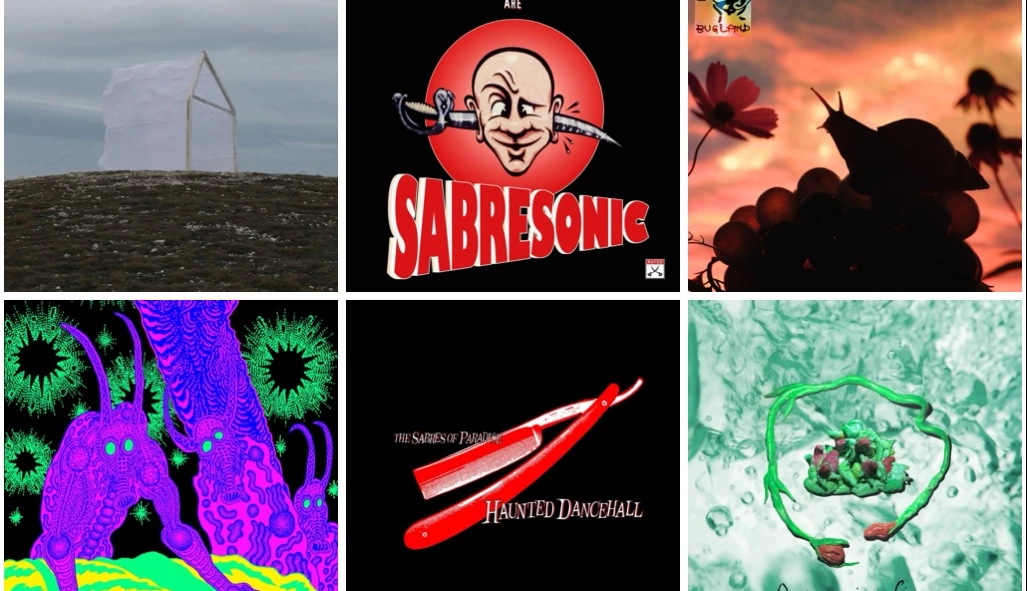
The summer is racing by but as we enter August things slow down just a little — there aren’t as many shows or records being released — before getting overwhelmed in September. (The week of 9/12 is already stressing me out). So I say enjoy these gentle, laconic days while you can. That said, this week I review four albums that all could’ve gotten Album of the Week status, but I only give it to two of them. We’ve got new records from No Joy, OSEES, Wombo and Ireland’s For Those I Love.
This week’s Indie Basement Classic is actually a two-fer, with Andrew Weatherall’s early ’90s “group,” Sabres of Paradise, getting their first two albums reissued for the first time since the original release by Warp.
Over in Notable Releases it’s slightly busier with reviews of the latest from Blackbraid, Ethel Cain, JID, DJ Premier & Roc Marciano, Charley Crockett, Amaarae, and more.
Head below for this week’s reviews…

ALBUM OF THE WEEK #1: No Joy – Bugland (Hand Drawn Dracula / Sonic Cathedral)
Shoegaze, hip-house, and a touch of screamo sprout together in Jasamine White-Gluz’s surreal sonic garden, this time tended with collaborator Fire-Toolz
Bugland is, as they say, a state of mind—in this case a liminal space where the unnatural and natural co-mingle and grow around one another. It’s also the title of the new No Joy album, inspired by an actual place: bandleader Jasamine White-Gluz’s backyard and the neighboring woods in rural Canada, where she relocated after leaving Montreal following the release of 2020’s maximalist Motherhood.
Reacquainting yourself with nature and all its flora and fauna might lead some to reach for the acoustic guitar, but No Joy sound more plugged in than ever—albiet via a mycelial network of sound where all influences are absorbed and made part of the shroomy forest floor. White-Gluz found a sonic soulmate in Fire-Toolz, aka producer, vaporwaver, and onetime screamo vocalist Angel Marcloid, who shares many of the same disparate influences and was instantly on the same wavelength. They made the album together.
In turn, Bugland is a less jarring, more organic album than Motherhood, but no less weird or inviting, flowing from Cocteau-esque efflorescence (“Garbage Dream House”) to hip-house crunch (“Bugland”), late-’90s electronica (“Save the Lobsters,” “Bather in the Bloodcells”), and soaring, anthemic dreampop (“I Hate That I Forget What You Look Like”). The latter pours into the album’s finale, “Jelly Meadow Bright,” a gonzo creation that gene-splices shoegaze, IDM, jazz, and—yes—just a little screamo (courtesy of Angel) into one multi-legged, goo-secreting creature that could only be No Joy.
BONUS BUGS: Jasamine went and asked some of the bugs — yes, real bugs! — what their favorite albums are.
—
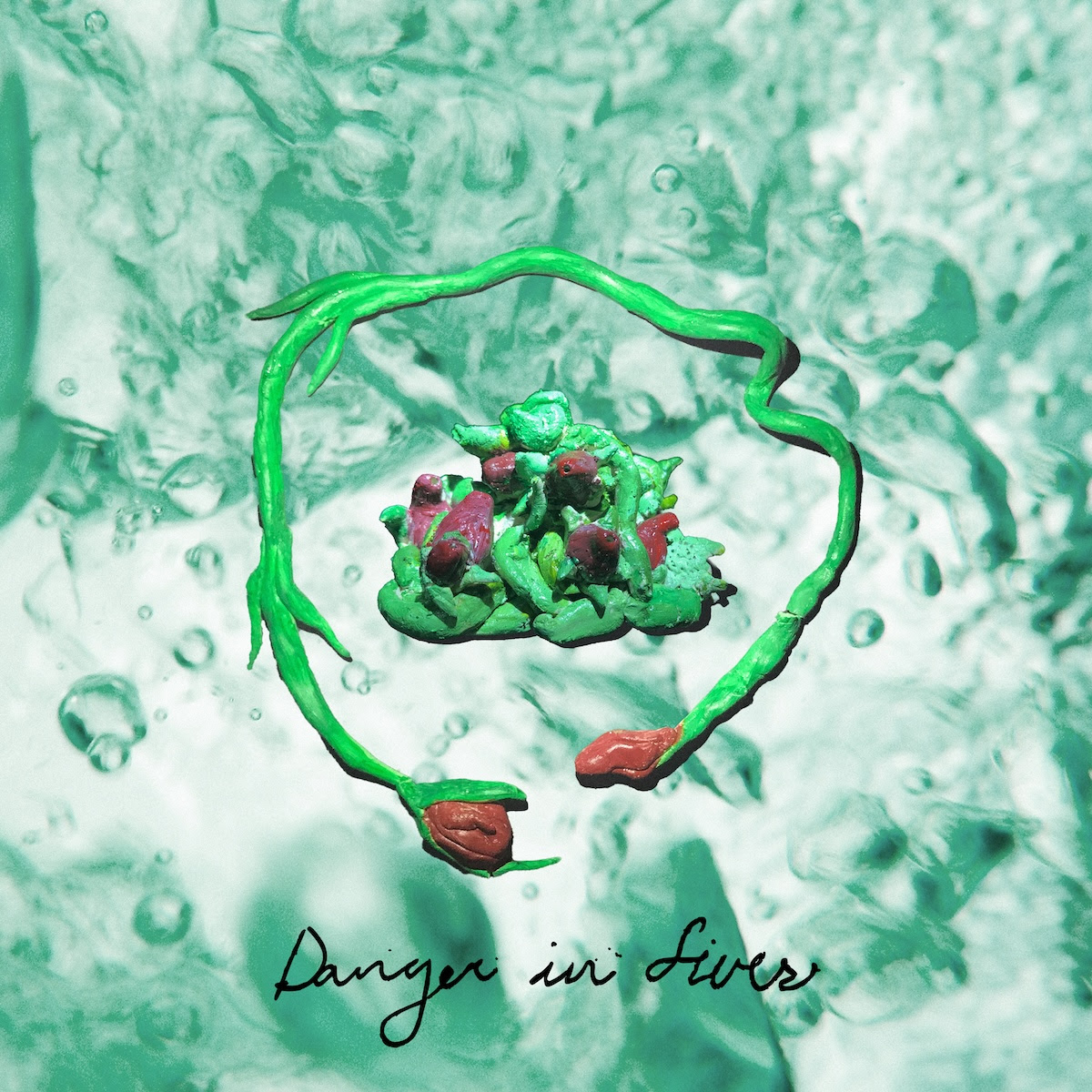
ALBUM OF THE WEEK #2: Wombo – Danger in Fives (Fire Talk)
First album in three years from this Louisville trio finds their bass-forward indie rock sound more enticing and sturdy than ever
Over the course of three albums, Louisville trio Wombo have carved out a unique sound that blends modern dreampop with classic ’90s indie and alternative, plus a dash of skronky post-punk and math rock. But the real appeal lies in Sydney Chadwick’s bass playing and vocals. Not to slight guitarist Cameron Lowe and drummer Joel Taylor—they wouldn’t be Wombo without them—but it’s rare to find a group anymore whose bassist isn’t just plodding out the root notes. Chadwick’s moody basslines drive both the songs and the melodies, while her breathy voice provides the perfect counterbalance.
Take Danger in Fives‘ wonderful title track, a prime example of the wonderfully wonky pop they make, or “Cloud 36,” where Chadwick’s harmonic “ahhs” sound like they were played on a Mellotron. Then there’s “S.T. Titled,” whose rumbling bass and skeletal guitar scratchings could almost be Fugazi—or even the Chili Peppers—but Chadwick’s vocals always send things skyward in rainbow vapor trails.
Wombo is a unique triad, and losing a piece would cause it to topple, even if Chadwick usually stands front and center. Thankfully, on Danger in Fives, they’re in perfect proportion to one another.
—

OSEES – ABOMINATION REVEALED AT LAST (Deathgod)
OSEES roar back into battle mode with guitars blazing and bile flying on their angry, adrenalized 29th album
After a few albums where distorted synths took center stage, OSEES have picked the guitars back up, revved their engines, and leapt into battle mode. “This album just channelled out of the mist of atrocities swirling around the planet right now,” John Dwyer says. “AI empathy, genocides, social media data collection and addiction, the alignment of tech billionaires with the fascist overlords and their armada of dogs, civilians being kidnapped by bootlicking thugs, the death of due process…the list goes on and on. It’s been a long year already.”
Abomination Revealed at Last has thematic ties to Mutilator Defeated at Last, released a decade ago, but musically, Dwyer and company haven’t completely left the punky new wave territory they explored on SORCS 80 and Intercepted Message. This time, it’s mostly guitar, bass, and drums, though there are still flashes of synth bass, and songs like “God’s Guts” and “Infected Chrome” clearly nod to DEVO and LA mutant punks like The Weirdos or early Oingo Boingo.
A few tracks do feel like a return to the early-’10s sound of Oh Sees, but here the most prominent instrument might be the anger itself. Across these nine rippers—which barely give you a moment to catch your breath—you can almost feel the bile spraying out of your speakers.
—
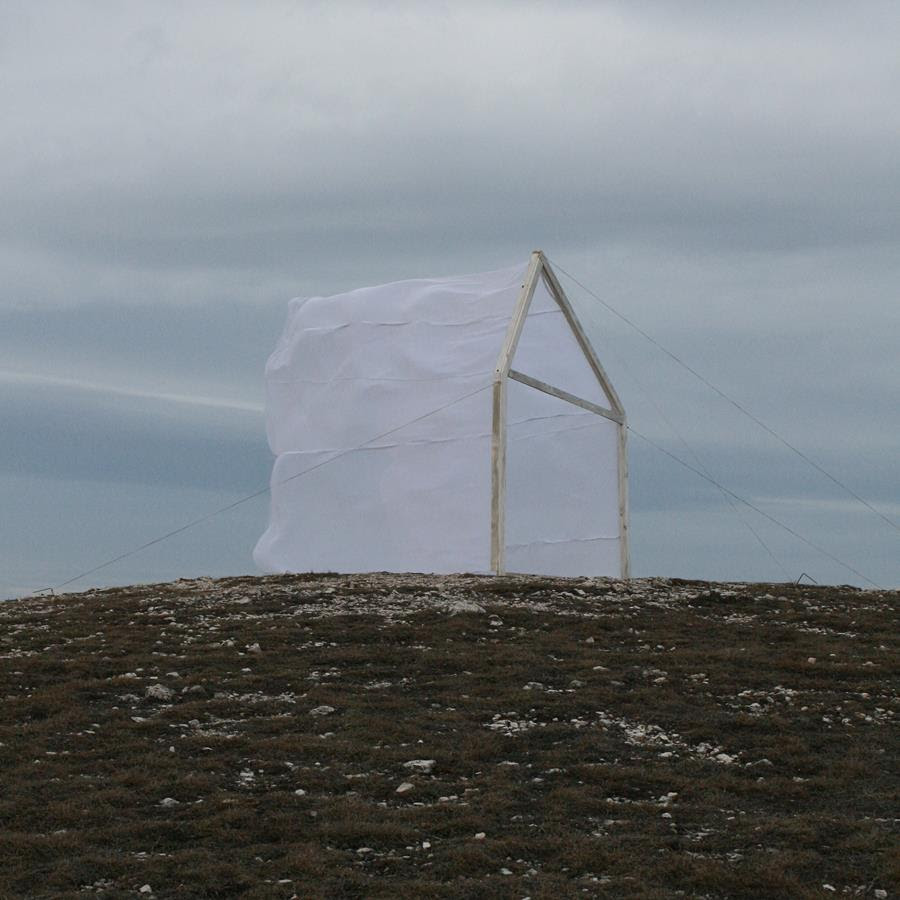
For Those I Love – Carving The Stone (September Recordings)
Dublin laments and Balearic storms collide on David Balfe’s second excursion as For Those I Love, a record that demands your full attention
I first heard of For Those I Love when Yard Act’s James Smith included their self-titled debut album in his Best of 2021 list he made for us. “I’m not from, nor have I ever even been to Ireland, but this album really reminded me of my youth for some reason,” Smith said. “The stories, the samples—it’s a really beautiful, poetic record.”
Like Smith, David Balfe—who is For Those I Love—favors a conversational, sometimes combative delivery with a distinct meter that only hints at melody. It’s in the same realm as Arab Strap or The Streets, but Irish, and by way of producer “groups” like Faithless or UNKLE. Balfe’s words are heavy, but the music he creates is wildly evocative: electronic, often beat-free, and unafraid to incorporate traditional Celtic folk instruments like mandolin and uilleann pipes.
“Every move I make feels binding / reminding all I’ve lost my shine,” he all but seethes in a low delivery on Carving the Stone’s title track, which otherwise plays like a Balearic rave slowly overtaken by storm clouds as the song builds in intensity. Much of the album wrestles with his complex feelings about his hometown of Dublin, where “What was the price of a night, is now the price of a pint,” and the working class can no longer afford to live.
It’s another stunner—maybe not a record you’ll want on repeat—but one that rewards every time you do.
—
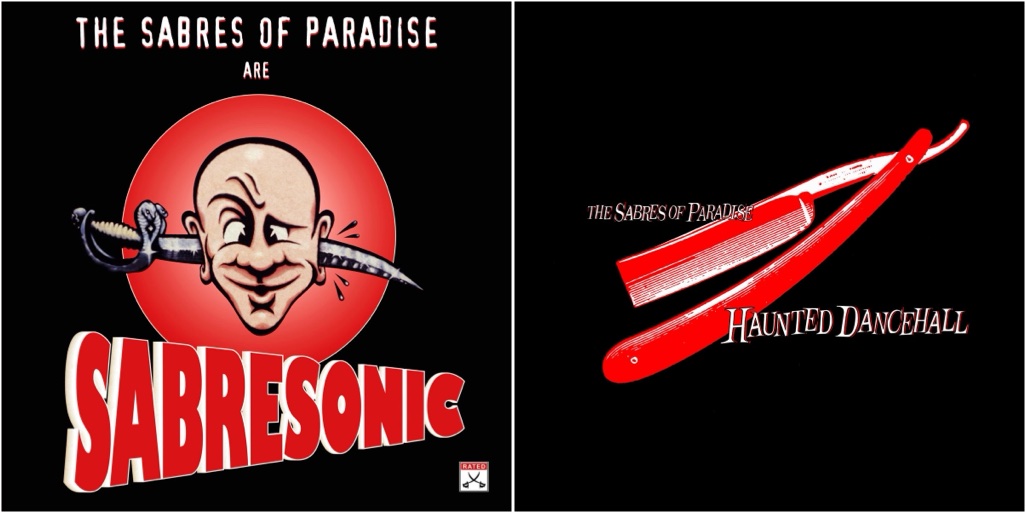
INDIE BASEMENT CLASSICS: The Sabres of Paradise – Sabresonic / Haunted Dancehall (Warp Records, 1993 / 1994)
Two timeless blasts of post-acid house brilliance from Andrew Weatherall’s mid-’90s trio return on vinyl at last
Andrew Weatherall was a DJ at the forefront of the late-’80s acid house movement, happy to remain mostly anonymous while blowing pie-eyed kids’ minds at The Haçienda and other clubs. His world turned upside down, though, when he remixed Primal Scream’s Stonesy ballad “I’m Losing More Than I Ever Had” into “Loaded,” a track that overnight made him one of the hottest producers on the planet. (His work on Primal Scream’s Screamadelica was a major reason it won the first-ever Mercury Prize in 1992.) Weatherall was never a “musician” in the traditional sense, but he became part of a few “bands” in the ’90s: he was an unofficial member of trip-hop group One Dove, and an official founding member of Sabres of Paradise, who released two terrific albums on Warp in the early ’90s that have just been reissued for the first time since their original pressings.
Sabres of Paradise grew out of the Sabresonic warehouse raves that Weatherall hosted with fellow producers/engineers Jagz Kooner and Gary Burns. Their 1993 debut, Sabresonic, delivered their heady take on dance music with a unified sound: pounding techno torn apart and sent through a factory-sized echo chamber. Single “Smokebelch” feels like you’re hearing the party from outside the club, its muffled kick drum miles away while relentless Doppler-effect hi-hats charge forward. The middle of the album chills into deep, dubby territory before raging back with the sweaty chaos of “Inter-Lergen Ten-Ko” and “Ano Electro (Allegro).” Warp’s new reissue adds the “beatless” version of “Smokebelch.”
They returned the following year with the more ambitious and varied Haunted Dancehall, a concept album featuring accompanying text for each track by “James Woodbourne” (Weatherall under a pseudonym) and additional production by Portishead and Mr. Scruff. The trio also evolved into a proper band, adding guitars, live drums, and horns. Among the new members was Phil Mossman, who would later move to NYC and join an early iteration of LCD Soundsystem. They famously turned down an opening slot for Oasis in favor of their own shows in unusual venues—only playing about a dozen gigs in total.
Haunted Dancehall is Weatherall’s other masterpiece besides Screamadelica: an hour-plus of blunted beats, industrial-strength drums, dreamy filmic melodies, noir soundscapes, 1930s jazz samples, paranoid submarine production, and almost no vocals. It still sounds ahead of its time. This new double-LP reissue adds great cinematic single “Theme” from around the same time, making an essential album even more crucial.
Looking for more? Browse the Indie Basement archives.
And check out what’s new in our shop.

 1 month ago
17
1 month ago
17







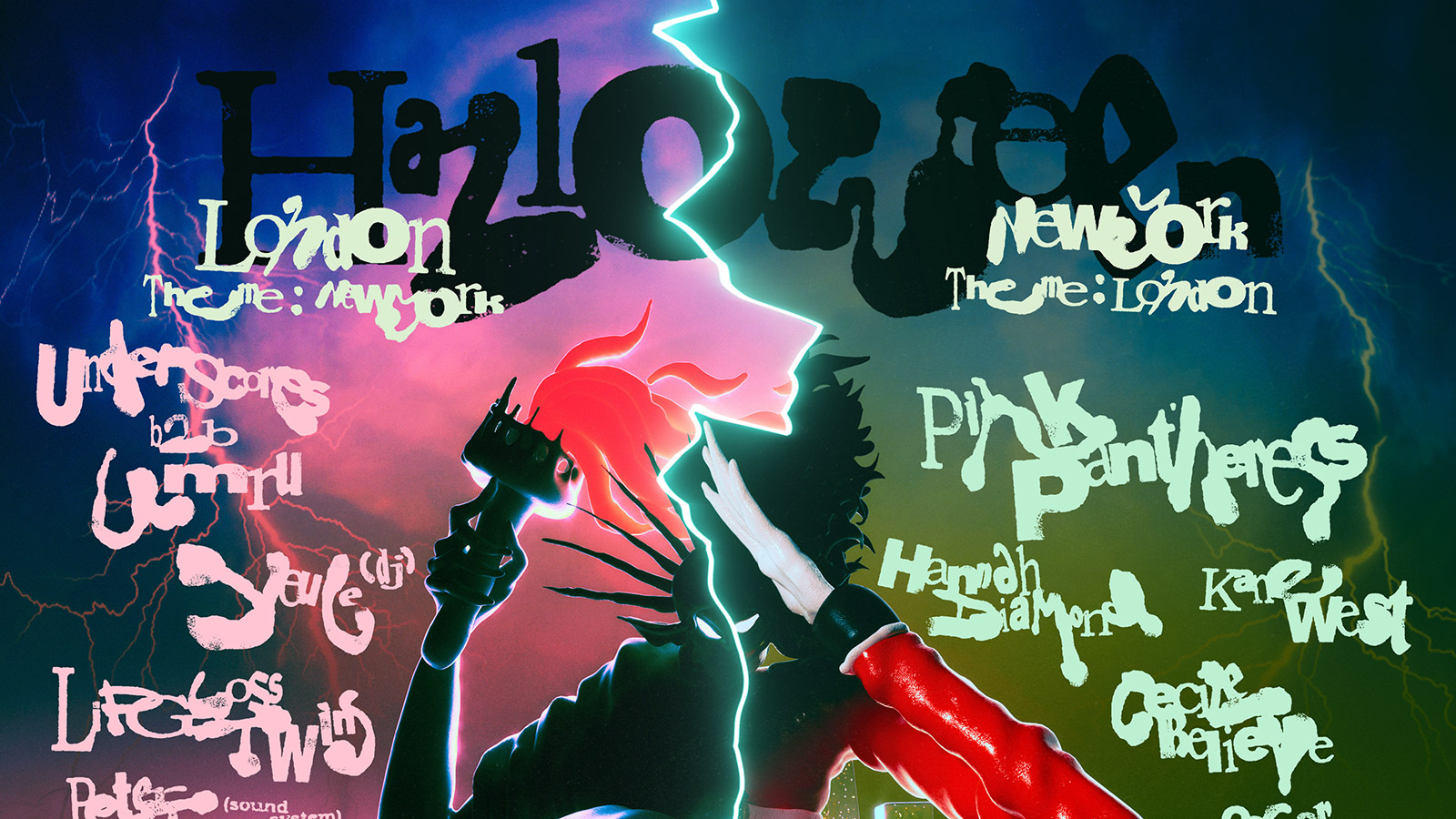








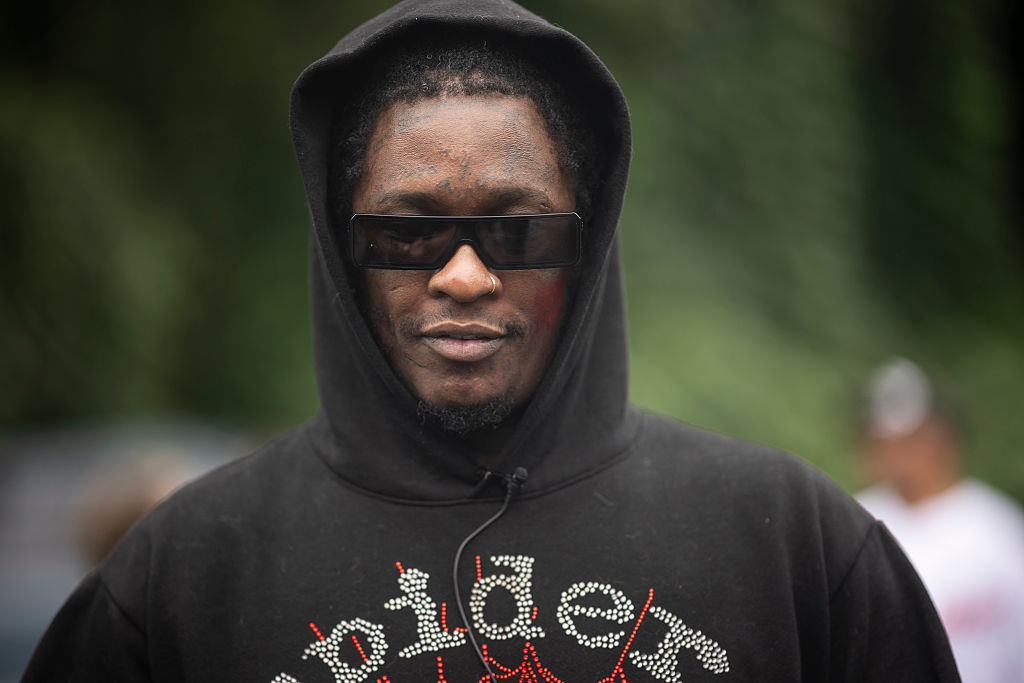

 English (US) ·
English (US) ·